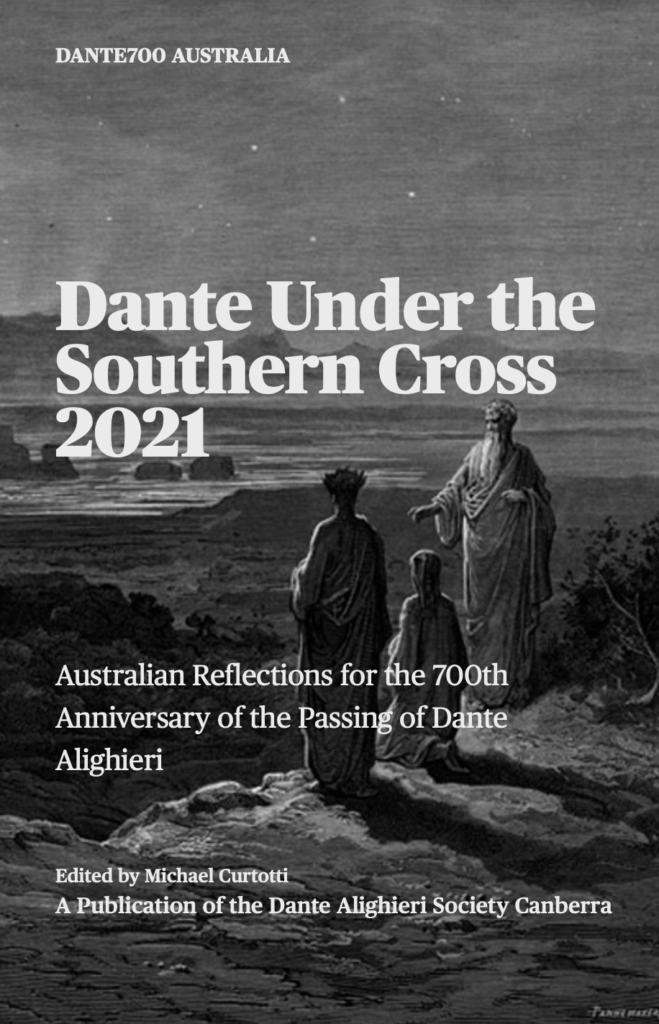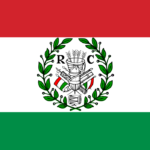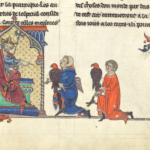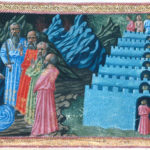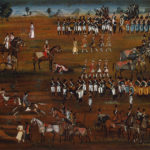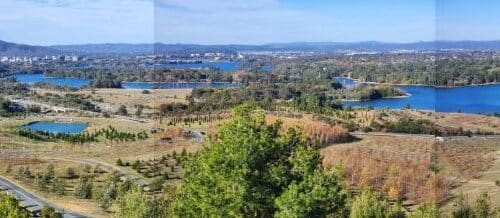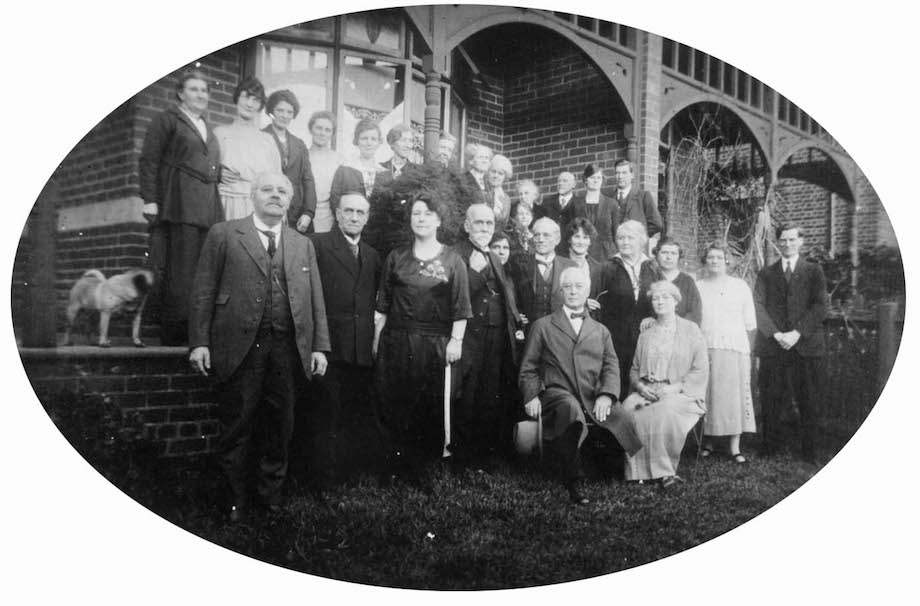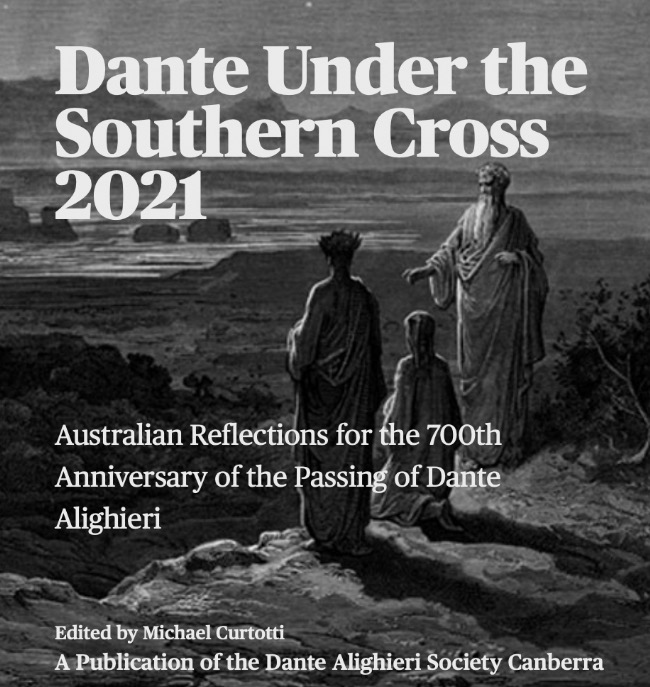
Dante under the Southern Cross: Australian Reflections on the 700th Anniversary of the Passing of Dante Alighieri
Does Dante Alighieri, an Italian poet who died more than 700 years ago, really have anything to do with gum trees and koala bears? It’s that kind of question that drew together Australian Dante Alighieri Societies to talk about Dante, in a series of presentations around Australia which stretched from Perth to Brisbane.
Despite the fact that Dante never knew of Australia’s existence, he did think about us in a way. He wondered what the stars might look like under southern skies, and he put four stars he imagined above our heads. Did he know about the Southern Cross? Some think, maybe he somehow he found out about it. Maybe he read something about them through translated but unidentified works of Arab astronomers. Maybe he just meant metaphorical stars: the cardinal virtues. That’s what many believe.
The evidence isn’t conclusive about the heavens, but Dante certainly wondered what the “Land Downunder” might be like. In his Divine Comedy put his Purgatory in the South Pacific. He meant it to be on the opposite side of the Earth to the city of Jerusalem (to him the most sacred spot on Earth). If you draw a line from Jerusalem straight through the centre of the Earth and come out the other side, you are more or less in French Polynesia. Not quite Australia, but close enough. Dante knew if you took that journey, after you passed the centre of the Earth you would begin climbing to get to the other side. It’s that kind of detail in Dante’s epic poem The Divine Comedy, that gives it what we would call today a science fiction subgenre.
It turns out that Dante’s work came to Australia not long after the process of colonisation started almost 250 years ago. It came packed in the storage holds of the tall ships that brought convicts and others who came to seize this ancient land from those who belong to it and to whom it belonged and still belongs.
Even Dante’s timeline looks like a tiny blip compared to the thousands of centuries Aboriginal Australians have been in Australia. Thousands of years before Dante thought about it, Aboriginal Australians knew the stars of the Southern Cross, although in their own constellations. Just one of its names was “the Eagle’s foot”. In another part of the ancient continent it represented a stingray.
“Purga”, an Australian purgatory, or more like an Australian hell, was the topic of Samuel Wagan Watson’s poetry and presentation. An Aboriginal poet, Wagan Watson riffs off Dante to speak of dispossession and the inequality of racism and misogyny.
Another Australian poet, John Kinder, creates his own epic Australian Comedy, set in the Australian backyard. His work is profoundly connected with the Australian environment. A central theme he explores is the ‘sin’ of materialism, which eats away at the Australian paradise.
Chris Mooney Singh speaks of the work of Harold Stewart. Steward was an Australian poet who, like Dante, became an exile from his own country. He wrote the epic poem Autumn Landscape Roll. It was Stewart’s life’s work, which he wrote while living in Japan. Inspired by Dante, Stewart’s poem presents a Buddhist journey to the other world.
Professor John Kinder, an Australian expert on Dante, engages with Dante from an ethical viewpoint. He also explores the challenges of teaching Dante (a medieval writer) to a 21st century generation of Australian students. His presentation opens the complex question of contextualising Dante’s poetry within the broader context of multicultural Australia.
Italian Australians are naturally strongly represented among speakers. They reflect both on Dante as a poet, and on Italian as a language in Australia. Italian in Australia represents a far flung outpost of a project Dante began. That project was to create the new lyrical language that we today know as Italian. Professor Gaetano Rando explores how Italian Australian poets and writers have used Dante in their navigation of the migrant experience. Paolo Totaro AM writes of his own response to Dante and his continuing work to connect Dante to elder Italian Australians.
These are just a few of the reflections that were shared during the national seminar series.
Last year, the Dante Alighieri Society of Canberra released a volume of presentations for the anniversary. I was privileged to be the editor of the collection and wrote the introduction to the volume. There is much more in the collection. An open access version of the entire book is available online at this link.

